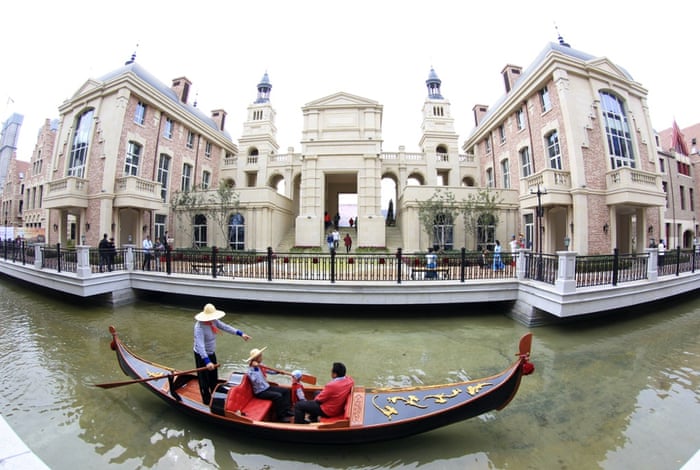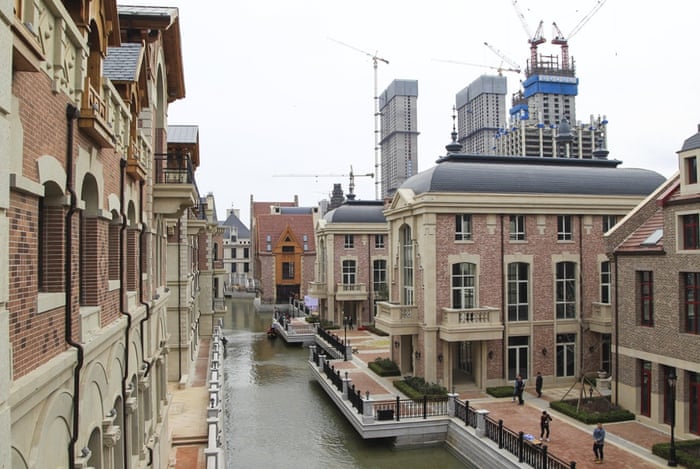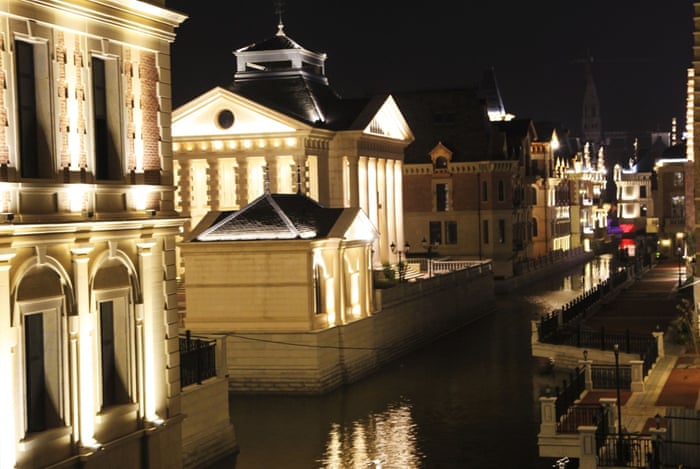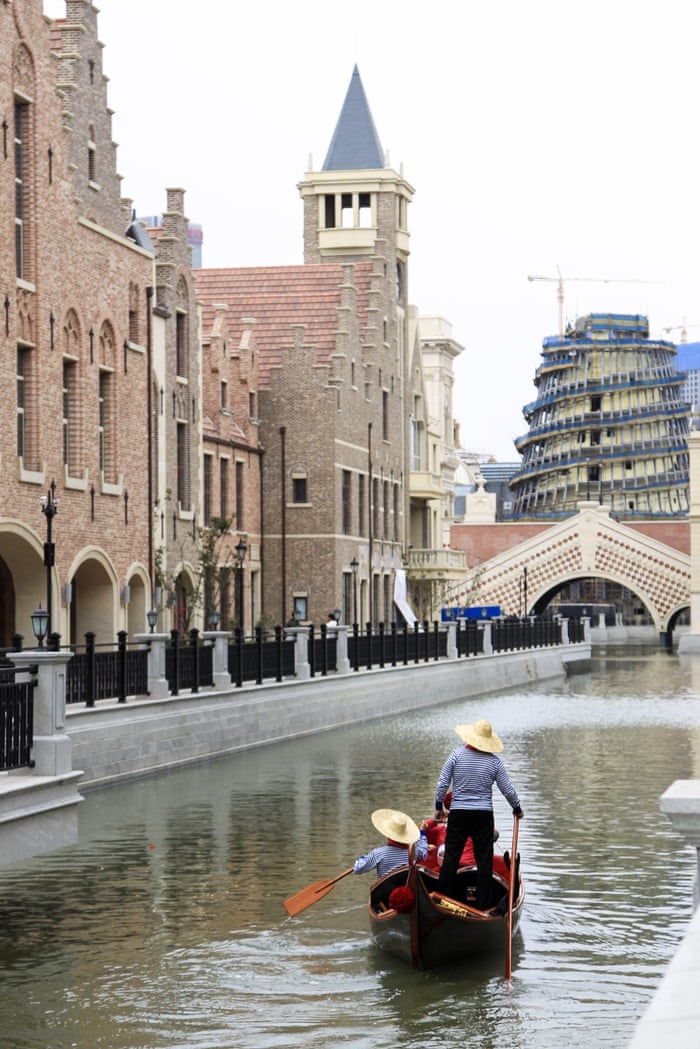China Daily fakes op-ed under New Yorker journalist Peter Hessler's byline

New Yorker journalist Peter Hessler says that state-run newspaper China Daily faked an editorial and put it under his byline after he took part in an interview and his responses were taken out of context.
China Daily had requested for Hessler, along with his former colleague and translator Li Xueshun, to participate in a Q&A, in which he was asked, among a series of other questions, to compare Egypt and China (Hessler has worked as a correspondent in both of these countries).
The newspaper took his reply, framed it as an editorial about China and Egypt (the headline reads: "US observer: Comparing Egypt with China”) and slapped his byline on it, he explained in a post to Facebook.
The column praises the stability and the education system of China, and out-of-context, conveniently appears like another party-pushing editorial typical of the Daily. One part reads: "I think I have a better understanding of how essentially stable the Chinese system is," after his time living in Egypt. "It reminds me that in China, even in a tiny village, there was a great deal of government activity. The villagers were very clearly connected to the larger political systems and issues of the country."
Says Hessler:
[…] it omitted crucial parts, including the most important point: that I believe it’s harder to make a political change in China, where the system is deeper rooted than in Egypt, and thus the flaws are also more deeply rooted. I said that this is the reason why the current anti-corruption campaign will be a failure, because China is not addressing its systemic flaws. This material, among other things, was not included in the published article. (Nor did the paper print any of Li Xueshun’s answers, of course.)
China Daily has since removed the article from its English-language site, but other state media sites had already picked up by that point and it's been published all over the web.
Here is Hessler's full response:
Earlier this month, a reporter from China Daily approached me with a request to do an interview, in conjunction with Li Xueshun, a former colleague from Fuling who has translated the mainland editions of my books. Li and I were told that this was part of a year-end special, and many of the questions were around that theme: what was your top achievement of the last year, biggest regret, and other questions. Li was asked, for example, for his opinion of the translation profession in today’s China. One question asked me to compare Egypt and China.
Yesterday, China Daily published an article under my byline, presented as an article that I had written solely about Egypt and China, and including much of my response on the question about post-revolution Egypt. But it omitted crucial parts, including the most important point: that I believe it’s harder to make a political change in China, where the system is deeper rooted than in Egypt, and thus the flaws are also more deeply rooted. I said that this is the reason why the current anti-corruption campaign will be a failure, because China is not addressing its systemic flaws. This material, among other things, was not included in the published article. (Nor did the paper print any of Li Xueshun’s answers, of course.)
After the article appeared, I asked China Daily to remove the article from their website and issue a retraction, because it should not have been under my byline and it did not accurately convey the substance of the interview. I offered to participate in a proper Q&A, provided that they made a statement disavowing the earlier article, and allowed me to approve the final edit of the Q&A before publication. China Daily removed the article from the English website, but Chinese translations have been picked up by various outlets. And the paper has refused to issue a retraction.
I want to emphasize that this article does not in any way represent a comprehensive picture of my views on China and Egypt, and I never would have agreed to such a story. And I want readers to understand that the terms under which I was approached - that this was a year-end interview with my friend and colleague Li Xueshun, on a range of topics - are completely different from being approached for an article specifically about Egypt and China (especially when my byline will be used, not to mention with key material removed). I believe that a proper comparison between Egypt and China is extremely useful, but it requires more space and focus than such a format.
I also want to note that this incident has not been representative of my recent experiences with Chinese journalists. Over the past two years I’ve had many interviews with the Chinese press, including a book tour last fall. I’m well aware of the pressures that journalists face in China, especially in the current climate, where there is a risk that words can be twisted or taken out of context for political ends. I’ve appreciated the fact that so many of the Chinese journalists that I’ve met have been sensitive to this, and in some cases have worked with me directly in an effort to find the best way to convey ideas responsibly and accurately.
Peter Hessler
[Image via Wiki Commons]





 Reply With Quote
Reply With Quote















